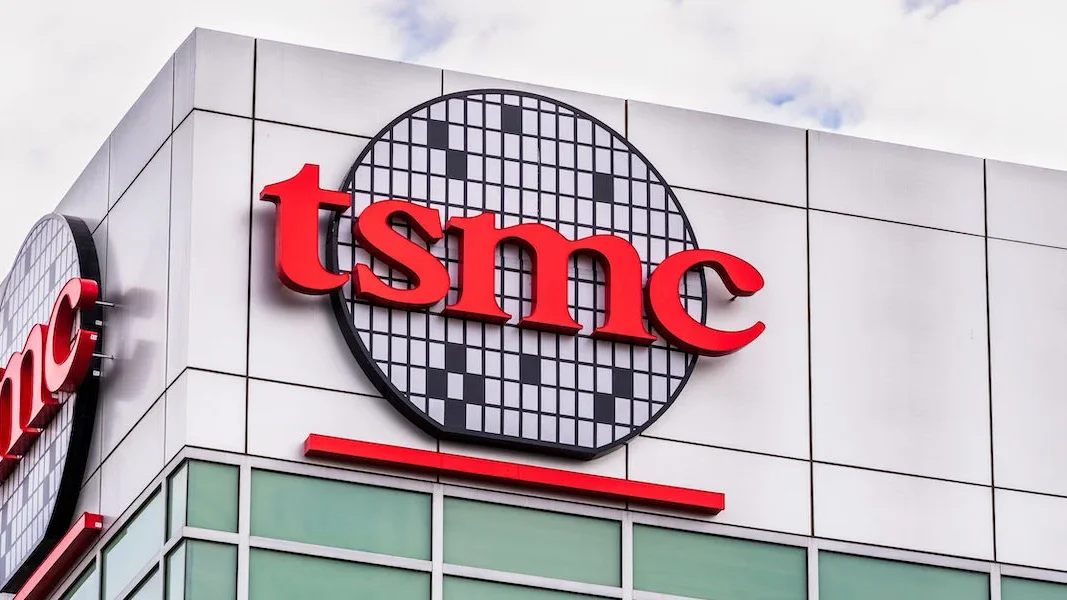Thanks to poor yields, Samsung reportedly loses Snapdragon manufacturing business to TSMC

Qualcomm has often switched between the two top independent foundries in the world, TSMC, and Samsung, to build its flagship Snapdragon chips. The Snapdragon 845 SoC was built by Samsung using its 10nm process node. Both the Snapdragon 855 and 865 mobile platforms were manufactured by TSMC using its 7nm and advanced 7nm process nodes respectively.
Qualcomm upset at Samsung Foundry's poor yield rate
Last year, Qualcomm turned production of the Snapdragon 888 over to Samsung and its 5nm process node, and the Snapdragon 8 Gen 1 also is built by Samsung Foundry using its 4nm process node. But Samsung is having a major issue as its yield rate for the chip is reportedly a disappointing 35%. This means that for every 100 Snapdragon 8 Gen 1 chips made, only 35% are good enough to ship to manufacturers.

Samsung Foundry's yield on the Snapdragon 8 Gen 1 is a poor 35%
That is a poor number and has led Qualcomm to commence talks with TSMC about moving its business back to the foundry. TSMC's yield rate for its 4nm process node is believed to be 70%, or twice Samsung's. With a yield that much higher, one could assume that TSMC's assembly line prowess tops Sammy's and could result in more powerful and energy-efficient units from TSMC.
Production of the 3nm Snapdragon 8 Gen 2 will be the responsibility of TSMC
According to The Elec, Samsung has decided to switch back to TSMC for the next version of its flagship Application Processor (AP) which we expect to be called the Snapdragon 8 Gen 2. The 3nm chipset will start to show up in consumer products next year.
As it turns out, Qualcomm isn't the only company leaving Samsung for TSMC. A 7nm graphics chip that Nvidia originally had asked Samsung to make has now had its production shifted to TSMC. With big companies like Qualcomm and Nvidia leaving Samsung for TSMC, Samsung Foundry is dealing with a major problem.
The Elec's report says Qualcomm wants to launch the "Plus" version of the Snapdragon 8 Gen 1 earlier than usual this year and production of that 4nm chip has been assigned to TSMC. That component could be ready to ship sometime in the second quarter.
The report from The Elec also seems to indicate that Qualcomm has turned over production of Snapdragon 8 Gen 1 chips to TSMC, something that we told you last December might occur due to Samsung's atrocious yield rate. In that article, we wrote, "Some industry experts agree that TSMC's chip fabrication process is superior to Samsung's when it comes to size and power efficiency."
We added that "If Qualcomm does decide to split production of the Snapdragon 8 Gen 1, it could result in some devices exhibiting performance and/or power efficiency differences with other devices even if they both use the same chipset." Qualcomm plans to continue using Samsung Foundry to build Radio Frequency (RF) chips using the 7nm process node.
After Samsung met with Qualcomm in the U.S. last year, a Qualcomm executive allegedly said that even if it wanted to, Qualcomm couldn't give more business to Samsung because of the yield problem. And as it turns out, the Exynos 2200 AP has had a lower yield than the Snapdragon 8 Gen 1 which would seem to indicate that the problem lies somewhere inside Samsung Foundry.
More bad news for Samsung came from another report in The Elec which said that Samsung is falling behind TSMC in the race to amass a sizable library of intellectual property for 3nm GAA (Gate All Around).
The report says that Samsung's lack of IP in this sector is due to Samsung Foundry's lack of customers. TSMC has 35,000 to 37,000 IPs for 3nm GAA compared to a range of 7,000 to 10,000 for Samsung Foundry.
GAA is a new transistor structure that replaces FinFET. It uses gates that are touching all four sides of an ultra-thin channel and should remain in use as we move from 4nm to 2nm process nodes and perhaps even lower.
Follow us on Google News













Things that are NOT allowed:
To help keep our community safe and free from spam, we apply temporary limits to newly created accounts: